ICICI Prudential has come up with new fund ICICI Prudential Global Stable equity fund. As the very name suggest this fund will provide exposure to Equity Markets globally and thus help in diversifying the currency risk, country risk and provides you investment opportunities worldwide. When India is going through bad economic cycle and worldwide countries are showing improvement this kind of investments make sense, but is ICICI Prudential Global Stable equity fund a worthwhile investment? lets understand the fund in detail.
ICICI Prudential Global Stable equity fund – In Short
ICICI Prudential Global Stable equity fund is a fund of funds, also termed as Feeder fund, which will invest further into Nordea1 – Global Stable Equity –Unhedged, a Luxembourg (Europe) based mutual fund. The objective of this fund is to invest in stable companies globally to outperform the market over a full market cycle with roughly two-thirds of the volatility of the MSCI world Index. It will follow some strategy to identify lower risk, stable companies and utilize some proprietary valuation model to identify the stocks and construct 100-120 stock portfolio. Nordea1 fund follows a philosophy that “stocks often behave like people…the more popular and successful they are the more ups and downs they experience in their lives.” Due to this, fund looks
for “boring but stable stocks”, with stable earnings, stable profits and stable management.
ICICI Prudential Global Stable equity fund – Key features
- An Open ended fund of funds scheme
- The Scheme will primarily invest in Nordea1 – Global Stable Equity –Unhedged
- Benchmarked against the MSCI world net return Index
- Investment expertise of Nordea Investment Fund S.A. managing the “Stable Returns” strategy since 2007
Nordea1 – Global Stable Equity Peformance (As on May 31’2013)
Source: ICICI prudential Global Stable equity fund Product presentation/ Returns for Share Class BP-EUR. Returns < =1 year are absolute and >1year is CAGR. As on May 31, 2013
Portfolio Composition of Nordea1 – Global Stable Equity Peformance (As on May 31’2013)
Source: ICICI prudential Global Stable equity fund Product presentation
Why Invest outside India?
Well looking at current state of economy, I am sure all of you know this answer, but let me put here ICICI prudential point of view too.
1. Different countries provide different opportunities
Source: ICICI prudential Global Stable equity fund Product presentation./Source: Bloomberg. The Ranking is based on equity market performance calculated using Individual MSCI country and World indices
Like Indian equities, global equities as an asset class offer Investment opportunities.
2. Low Correlation
Source: ICICI prudential Global Stable equity fund Product presentation/Source: Bloomberg.
3. Businesses Access perspective:
By investing in global equities, Indian investors can invest in companies having global presence and among world leaders.
4.Diversifying Country Risk:
By investing globally, one can manage the risk that a particular country is exposed to. There are some inherent risks in India which can be diversified by investing globally like Risk of eroding purchasing power, increasing Current account deficit, even depreciating currency risk can be mitigated by investing in multi-currency assets.
Market performance of major economies as on May 31,2013
Source: ICICI prudential Global Stable equity fund Product presentation/Source: Bloomberg.
Performance of International funds (category) last 5 Years
ICICI Prudential Global Stable equity fund – Should you invest?
Its not a bad idea to invest globally and it do provide necessary diversification in the portfolio. Infact at a time when the economic fundamental of global companies are improving, consumer spending and confidence is increasing, purchasing managers seemed to be more positive on economic outlook investing internationally can prove to be a good bet. But when there are so many benefits of investing globally there are some risks too. The Major risk is the Foreign exchange fluctuation. The Currency movements make the returns more volatile. We might see good returns when rupee depreciates even if the fund is not performing and vice versa. Second risk is the political and economic instability of other countries. Just imagine the state of those FIIs which have invested in India 5 years back looking at the “Bharat Nirman” story and are now exiting out of India in Losses. Above all there’s risk of Fund management, when fund management finds it difficult to select stocks in our own country, how can we expect them to do it efficiently in other countries which are politically and economically very different from India. That’s why it is better to go through the feeder fund route. But all said and done, these factors are not in anyone’s control and from diversification perspective one should invest at least 5-10% of their equity exposure in international equity. ICICI Prudential Global Stable equity fund can be one of the option. As it is a feeder fund and thus having a performance track record too, so it is not like a NFO for investor. Moreover it gives exposure to multi country and multi currency which may also be risky to a portfolio. But still it is not the only option available. One may also look at particular country’s funds like ICICI US bluechip equity is a US focussed fund and has shown brillinat performance in last 1 year. One should weigh the pros and cons and one’s risk appetite before selecting any international fund.
What are your views? Do you invest in ICICI Prudential Global Stable Equity fund?


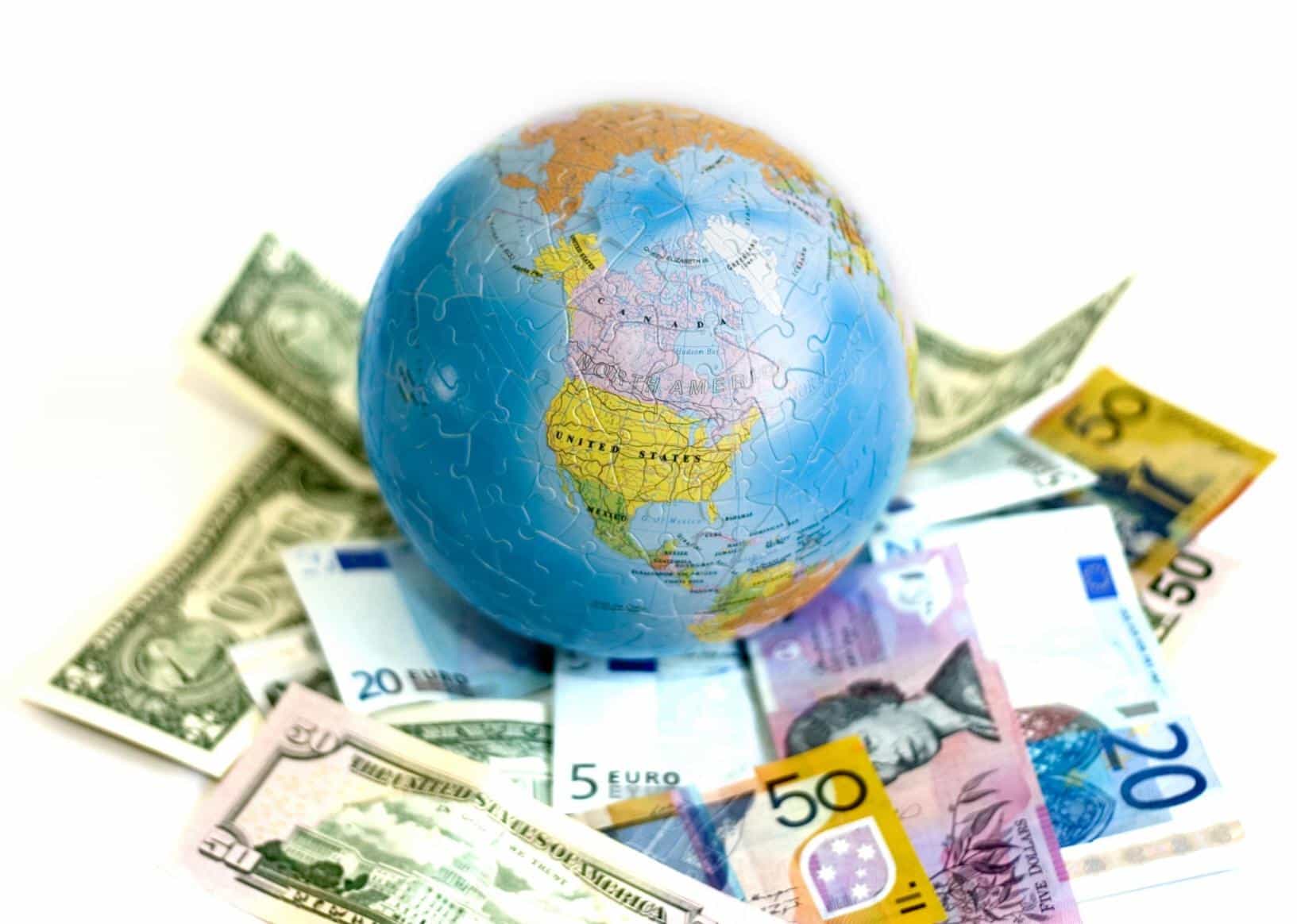
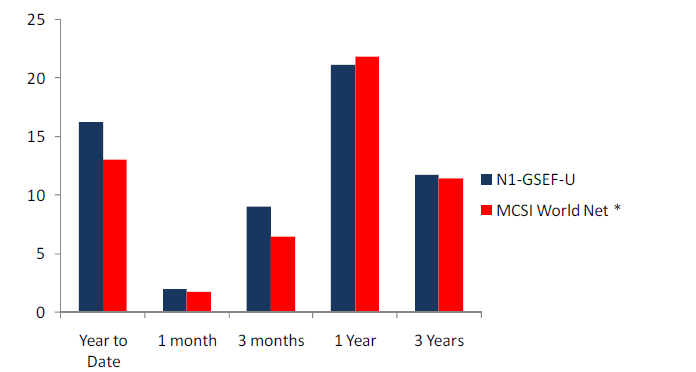
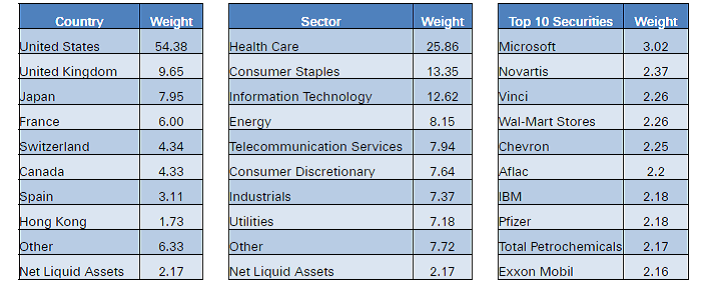
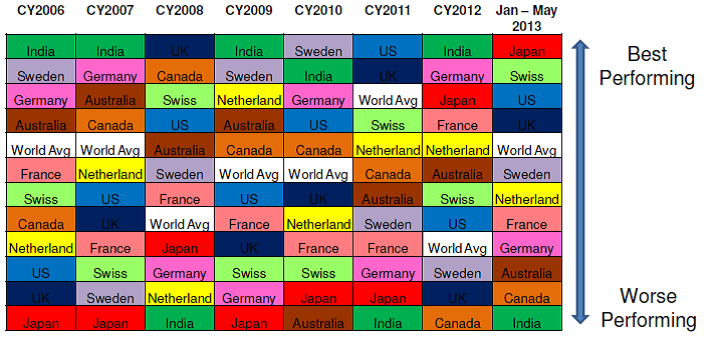
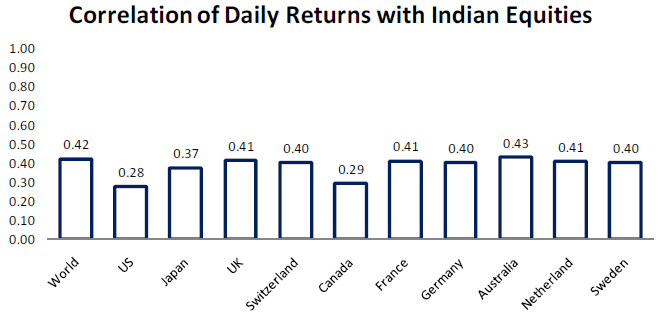
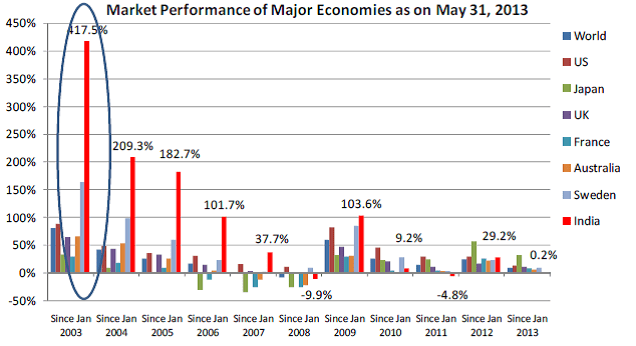
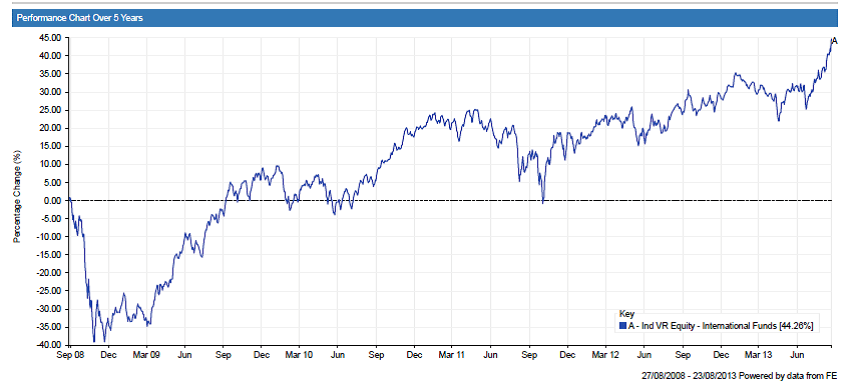
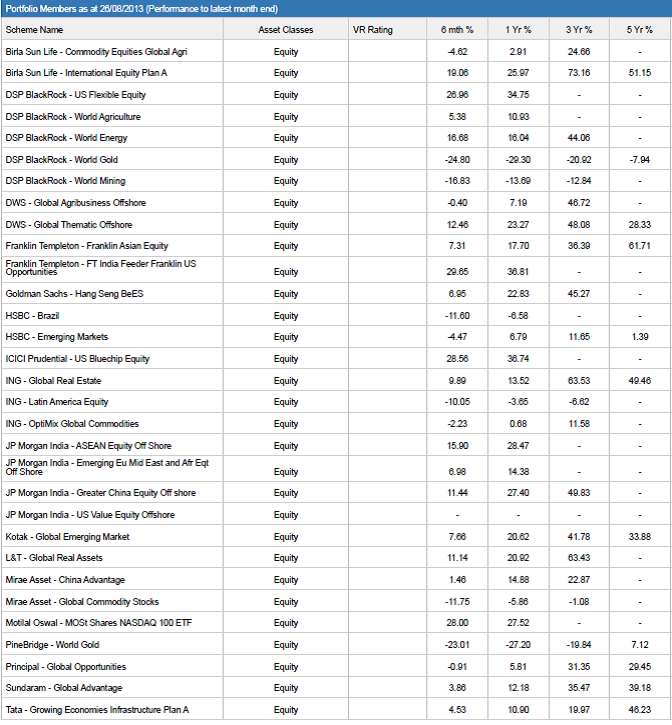



Good article Manikaran. Though global funds are little riskier, but we should not forget US growth story where entire economy is going down, but US economy is booming. Every investor need to add global funds flavor to their portfolio.
Thanks Suresh. I believe that risk comes from not knowing what you do. If you understand the importance of international allocation and understand that currency movements can bring in volatility, then you are accepting the product with its risk.
Good Article Sir, we might see good returns when rupee depreciates even if the fund is not performing and vice versa.